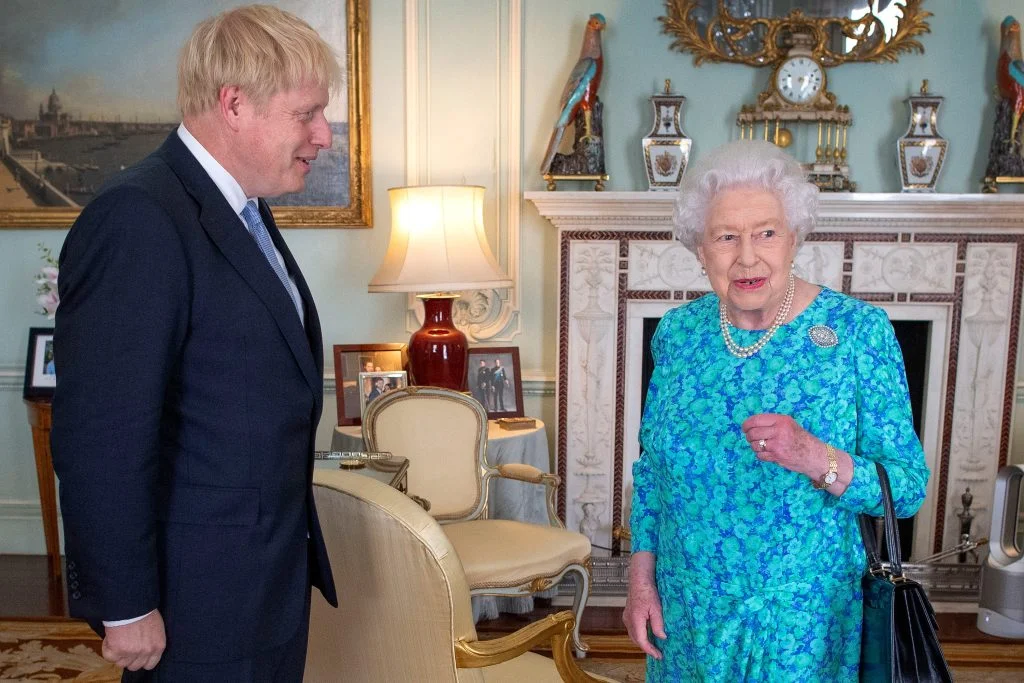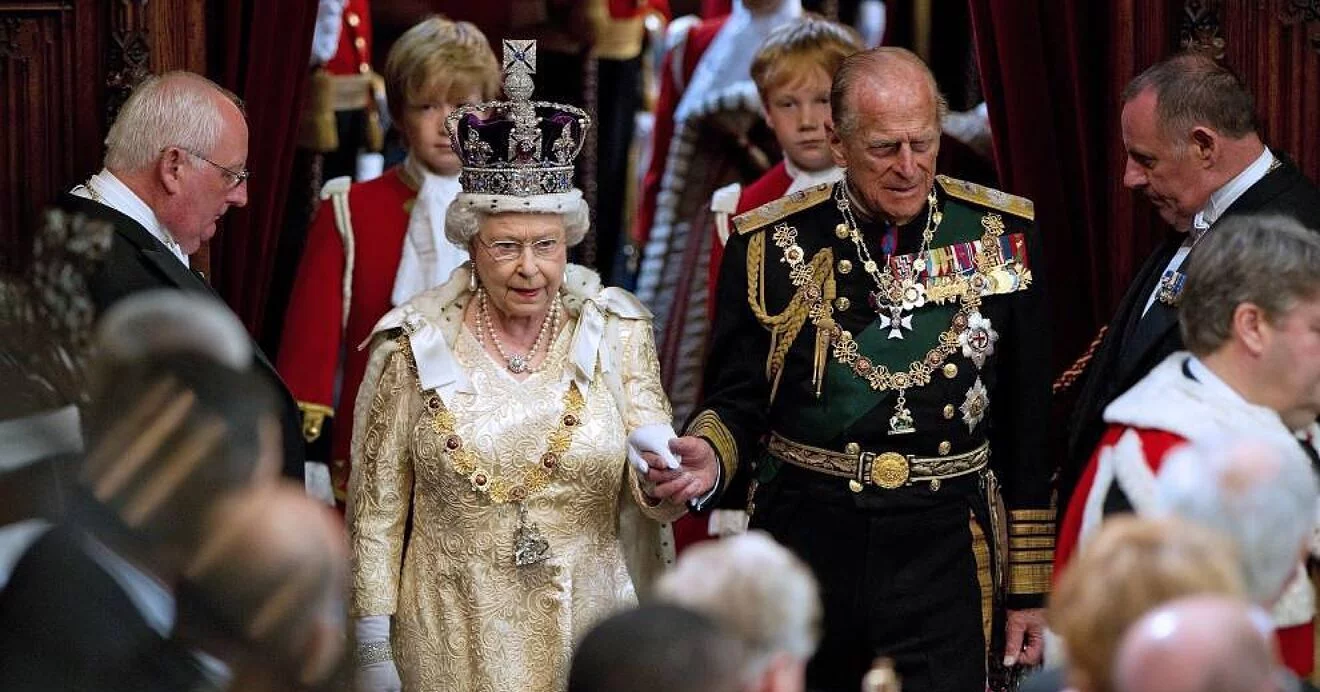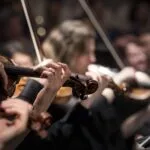There is a belief that the Queen of Great Britain performs exclusively ceremonial functions and does not participate in government decision-making. We checked whether this is actually true.
The British monarch is considered to reign but not rule. As head of state, king or queen congratulates Merry Christmas to your subjects, stands with an appeal in connection with the beginning of the coronavirus pandemic, opens Olympic Games and even communicates with foreign leaders. However, the legislative branch belongs the country's parliament, and at most major international summits the UK represents the prime minister or members of the government. There is, however, an opposite point of view - it is expressed, for example, by Nikolai Starikov in article, published in Story magazine. According to the publicist, in fact, the monarchy in Britain is “absolute”, and the queen only skillfully hides it.
Unlike most countries, the UK does not have a codified Constitution that would clearly describe the rights and responsibilities of the main institutions of government (as is done, for example, in Russia or USA). In the United Kingdom, instead of such a single document valid The “unwritten” Constitution is a collection of statutes, conventions, court decisions, treaties, traditions and customs accumulated over centuries. The role of the monarch in this system was constantly declining, but even now Elizabeth II remain "royal prerogatives", also known as "reserve forces", are instruments of the monarch's participation in government. However, now most of these functions performs parliament or cabinet ministers on behalf of the queen.
Even on the official website of the royal family emphasized: “The sovereign’s role in making laws today is purely formal, although the Queen has the right to “consult, encourage and warn” her ministers through regular audiences with the Prime Minister.” At the same time, “as head of state, the queen must remain strictly neutral regarding any political issue”—the monarch cannot even vote in elections. Nevertheless, after them, the queen opens the work of a new convocation of parliament and makes a speech on this occasion (by the way, it is written not by the monarch himself, but by the government) - without this, parliament cannot begin its work. The final adoption of any law requires the approval of the head of state (royal assistance), which in theory he may not give, but the last time this happened was at the beginning of the 18th century. When discussing legislative initiatives directly related to the “prerogative and interests of the crown,” consent will be asked from the monarch - this has also usually been obtained in modern history.
Early 2021, The Guardian published a series of materials about how the royal family, using the consent tool, lobbied for the adoption of certain decisions. Journalists analyzed information from the British National Archives and came to the conclusionthat several times Elizabeth II, through her representatives and lawyers, conveyed objections to this or that legislative initiative, thereby informally influencing the text of the future law. Moreover, according to The Guardian's calculations, over the past few decades, about 1,000 bills have gone through the consent procedure, and not all of them directly related to the royal family, which is required by definition.

© Getty Images
Although it is sometimes claimed that one of the few real powers of the British monarch is to appoint the Prime Minister, this is not entirely true. After the election the king or queen obliged find a candidate who "can enjoy the confidence of the House of Commons." Which is logical, usually this is the leader of the winning party. However, in exceptional cases a different decision may be made. Let us note that the head of state does not appoint the head of government, but invites him to form a cabinet of ministers - again, in accordance with tradition, this proposal is almost always accepted. Once the government begins its work, the prime minister and the king or queen are obliged to discuss current issues weekly and confidentially, and the monarch "can and must express his views."
Similar duties of a monarch performs and at meetings of the Privy Council, which, in addition to the King or Queen, includes all ministers, as well as representatives of Parliament, delegates from Commonwealth countries, representatives of the courts and other appointed members for life. Although over several centuries the scope of responsibility of this body has narrowed significantly, it still is engaged affairs of approximately 1,000 institutions, charities and companies supported by the royal family. The Privy Council also acts as the highest court for a number of overseas territories. Although the monarch presides over council meetings, which pass in the royal residences, and approves his decisions, the nature of these actions is the same as in the case of decisions of parliament.
In other words, although the British monarch today has certain “reserve forces,” their actual use is very strictly limited. Researchers Robert Hazel and Bob Morris from University College London (UCL) came to the conclusionthat in recent decades the scope of ceremonial functions of the British monarch has not changed much, while his exclusive rights have gradually been transferred to other institutions. For example, although the formal declaration of war remained the prerogative of the British monarch, in reality the decision to participate in hostilities is made by the government and parliament. The Queen retained the right to pardon, which she sometimes enjoys, and also exceptional the right to receive the highest state awards.
Another UCL expert, Philip Murphy, notes, that in the case of the British Queen we are not talking about real power, but about influence and authority, which are undoubtedly significant. It is also important that no one knows for certain the content of weekly confidential conversations between the head of state and the head of government - it is possible that in certain situations the same authority of the queen can influence government decisions. How emphasizes Murphy, the modern understanding of constitutional monarchy in Great Britain is inextricably linked with the personality of Elizabeth II, who has reigned for almost 70 years and quite strictly follows existing written and unwritten agreements. However, with the arrival of her heirs, the situation may change.
Mostly true
- R. Hazell & Bob Morris. The Queen at 90. The changing role of the monarchy, and future challenges
- The Royal Family. The Queen and Government
- "BBC Russian Service". How powerful is Britain's Queen Elizabeth II?
If you find a spelling or grammatical error, please let us know by highlighting the error text and clicking Ctrl+Enter.







